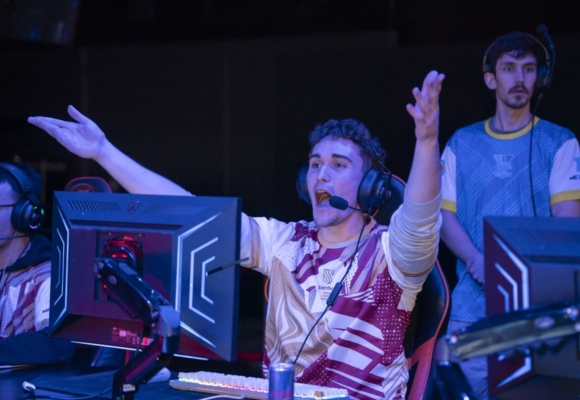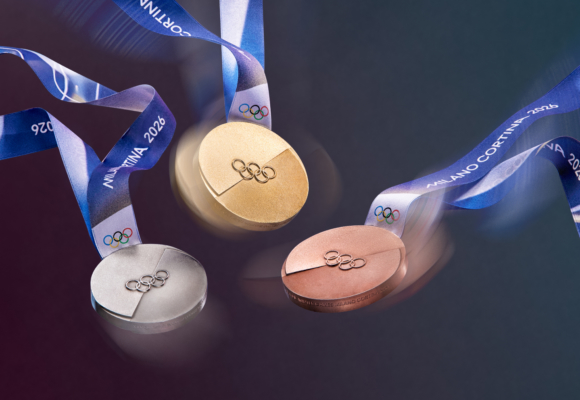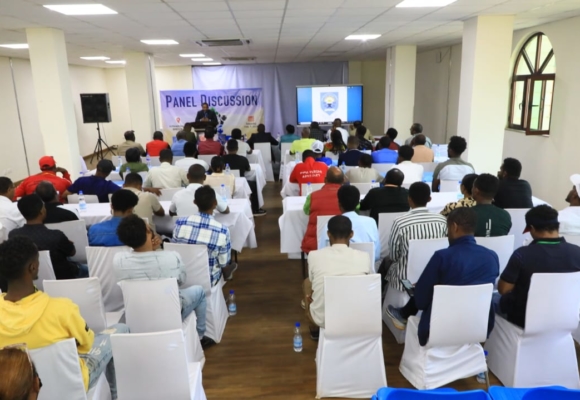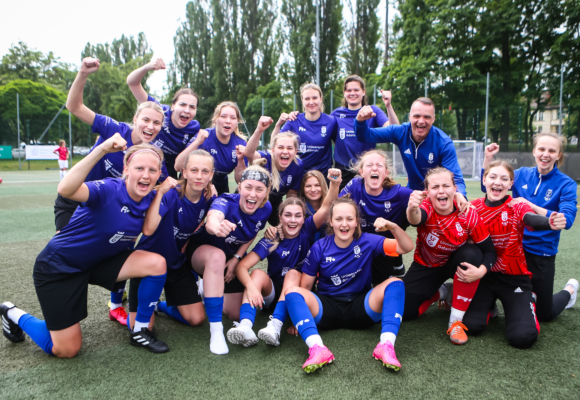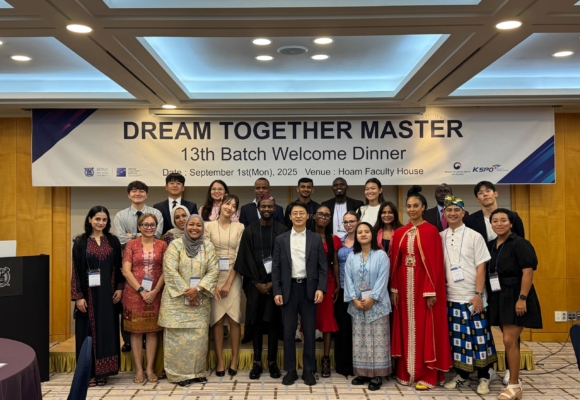Since its founding in 1949, the International University Sports Federation is the key driver to expand the role and reach of university sport around the world. FISU believes that sports values and sports practice work in perfect synchronicity within one’s university studies.
FISU offers opportunity and inspiration to students around the world to play sport. The health, wellbeing, and experiences that students gain from sport help them become active members in our global society.
In keeping with this adage, FISU organises world-class sports and educational events, all with the mission of providing university students with the opportunities to connect and exchange with students from around the world, in a collaborative and competitive environment. To achieve this, FISU has identified goals and a path to achieve them with the FISU Global Strategy 2027. This ten-year tactical game plan can be found at the bottom of the page.
The FISU Healthy Campus programme was also developed with the goal of creating an international benchmark for physical health and mental wellbeing on university campuses around the world. This programme is designed to benefit students and staff, while helping implement the United Nations Sustainable Development Goals. More information about this programme can be found here.
The world’s student-athletes do incredible things as they pursue their dual careers of academics and sport. Through our many international events, FISU is proud to support them by bringing together education, culture, and sport. These unique opportunities allow students to engage with others from around the world in the celebration of excellence in both mind and body.
Leonz Eder
FISU President

FISU sets the values that shape and underpin all the work of Federations and FISU members
Excellence In mind, body and lifestyle. A passion for excellence in sport and education.
Teamwork Utilise individual capabilities in a coordinated effort to develop and promote the university sports movement.
Innovation Embrace new event formats and cutting edge technology to enhance entertainment value.
Joy of Sport Create excitement across student-athlete sport events and a global fan base.
Integrity All that FISU does is honest, transparent, and promotes fair play. Athletes deserve the highest levels of integrity and ethics from those working in sport.


